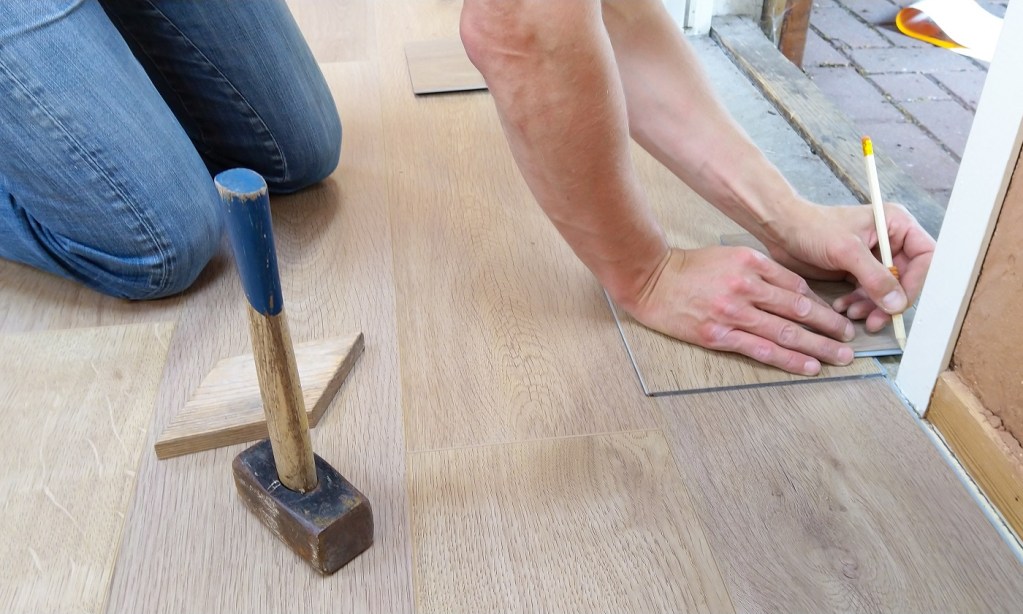If the idea of starting a small carpentry business rings a bell with you, do you have a sense of how to go about things? It is important to not only have the skills to get the job done but also know how to financially get things nailed down so you can get your business up and running and find a steady stream of customers coming your way.
So, in having a carpentry business, will you check all the boxes and hammer out a successful career for years?

Starting a small carpentry business
What is your first move?
According to ibisworld.com, there are more than 220,000 carpenters businesses in the U.S. as of this year. That is close to a 3 percent jump from 2020. Last year saw the business world turned upside down due to the pandemic.
In your quest to see your carpentry business get off the ground, you may have many things floating around in your head.
Among the questions you are likely to be faced with answering include:
- Is there enough of a market for you to carve out your niche?
- Will you need financing to get your business going?
- What do you need as far as licensing and insurance?
- What can you expect to charge customers per work order?
- What will it take to get your brand recognized and how best to promote it?
Those are but a few of the questions it would be great to have the answers to.
Is there enough business to go around?
You will need to be sure you have enough business to pay your bills when starting out in the carpentry business unless you plan on doing it as a side job while you work elsewhere in a full-time capacity.
In fact, starting out part-time in the carpentry business may be the way to go. By going the part-time route to start, you can work your way into the field to get a better sense of if you can make a go of it.
In the event that you feel this can be a moneymaker and you can meet the demands, by all means, go for it when the time is right.

Are you going to need financial help?
Running your own business can be taxing.
In a corporate job, you show up and follow the instructions of your employer. When owning a carpentry business, you are the employer. As such, there will be many financial decisions you’re going to have to make and some of those come early on.
First, will you need to make sure you have enough money to get the business operational. So, do you have the funds needed to invest in tools, a truck to get around to do work, business and liability insurance, marketing and advertising, and more?
You may turn to your savings and any other financial resources you have available to you including applying for a small business loan.
Another thought is reaching out to family and friends, seeing if they’d be willing to invest in your startup. If you do go that route, make sure everything is documented and signed. The last thing you want is strife with family and/or friends over money.
Know what licensing and insurance you will need
Another key piece of the puzzle is what licensing and insurance you will need to operate. Make sure you have all that is required of you. The last thing you want is certification and insurance coverage called into question. You could find your business shut down before long if you did not check off all the proper requirements.
Look into not only licensing to run a business on the local and state level but also what is required if you hire help. Everything from health benefits to workers’ compensation insurance and more need to be researched.
When it comes to insurance outside of any employees you may have, be sure you are covered not only to work in people’s homes and businesses but also that your tools are protected due to possible theft among other things. You will also need auto insurance for your work vehicle when driving to and from worksites.
Finally, make sure you have insurance protection at home or if you have an office area for protection when any customers come to visit you. You don’t want someone injured at your place of business (including if you work out of your home) and turning around to sue you.
What are you going to charge customers for your services?
Getting off and running with a carpentry startup will also mean you have to decide how much to charge customers. Not only do you have the labor involved, but also materials and more. As time goes by, your tools will begin to wear. As such, factor in the cost of upgrading tools every so often.
If you have any family or friends in the carpentry business already, get their two cents. They can provide you with a layout for what to charge customers. They also can help what to expect when it comes to timetables to complete jobs.
How will people find out about your carpentry business?
You can have the best carpentry skills and they still will not matter much if bookings are few and far between.
Among the tools to hammer home on why you stand out from competitors are your website, social media, a small business app, and more. If you have the time and resources available, an online store wouldn’t be a bad idea. That store can offer products of interest for your customers when it comes to DIY (Do it yourself) projects at home.
At the end of the day, all the online brand promotions are important. That said satisfied customers should get you some word-of-mouth references. So, make sure you do quality work each time out.
In starting a small carpentry business, will you nail it?


